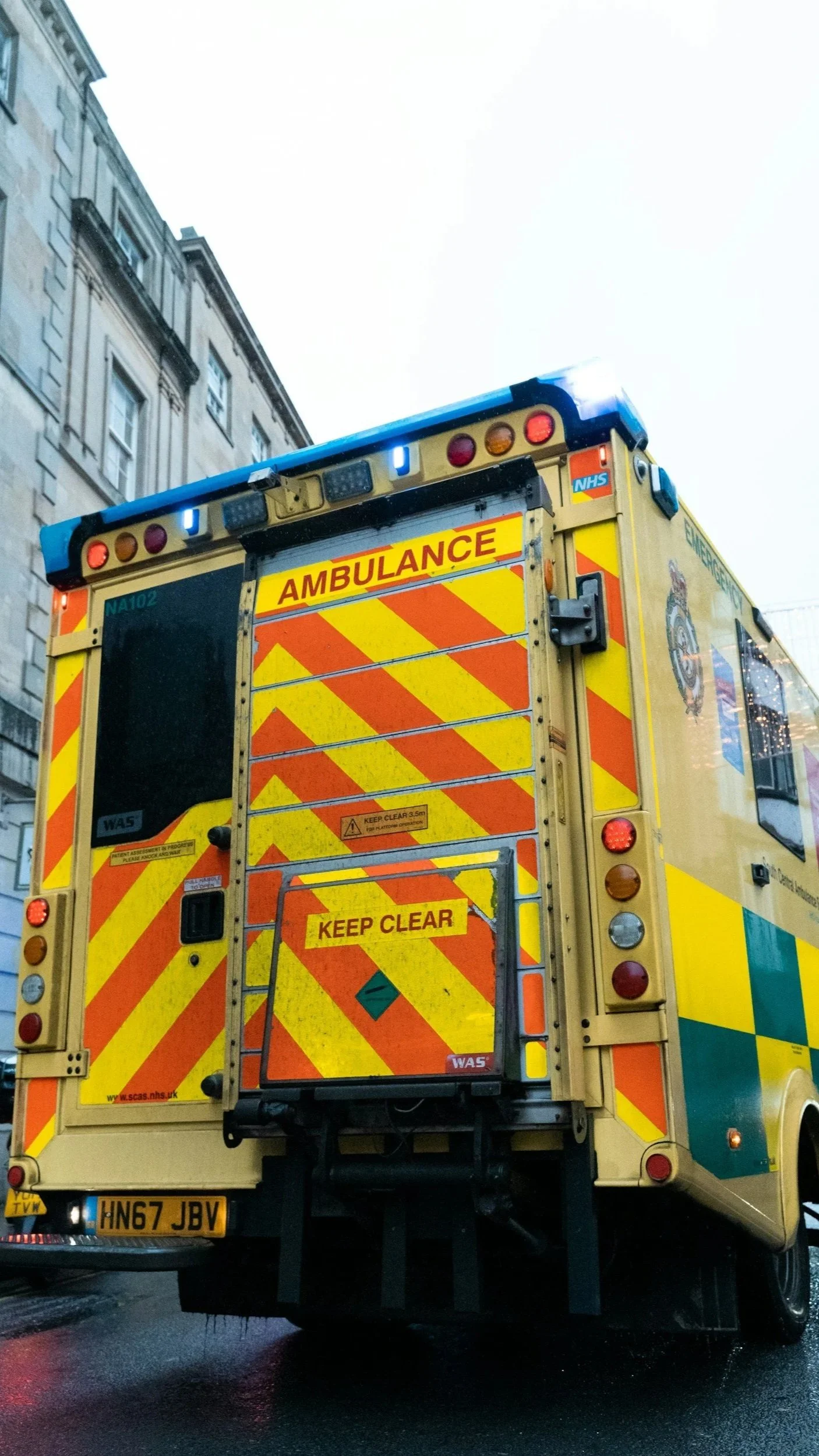The Future Potential Impact
- My Emergency Plan -
A voice for every vulnerable patient
→ No more patients lost in the system: each one has a plan, a preference, and a pathway.
50% to 70% reduction in avoidable hospital admissions
→ That’s tens of thousands of ambulance trips and hospital beds freed up each year.Faster ambulance response times
→ With fewer avoidable 999 calls, urgent emergencies get seen faster.Shorter A+E wait times
→ Reduces pressure on the front line and unclogs the bottleneck.Fewer avoidable deaths in hospitals
→ More people able to die in peace, at home or in hospice, on their terms.Improved NHS staff morale and burnout prevention
→ A clearer, calmer system supports the people holding it up.Significant NHS cost savings per year (UK estimate)
→ Funds that can be reinvested upstream to strength community teams.Global potential: a blueprint for ageing societies
→ The UK can lead the way, but this is scalable to any nation facing frailty, ageing, and resource strain.



